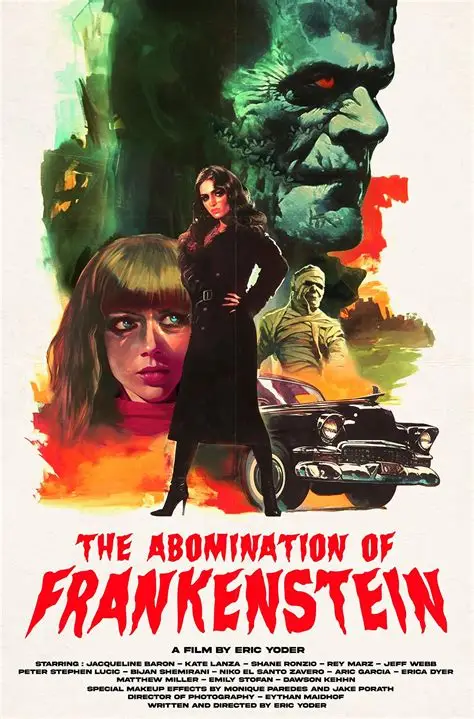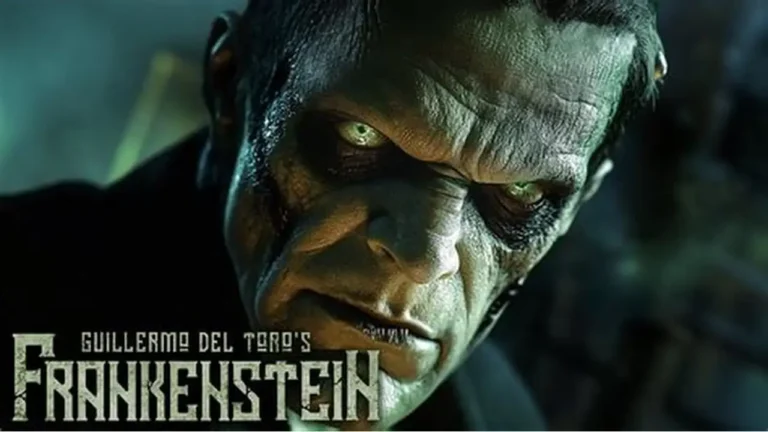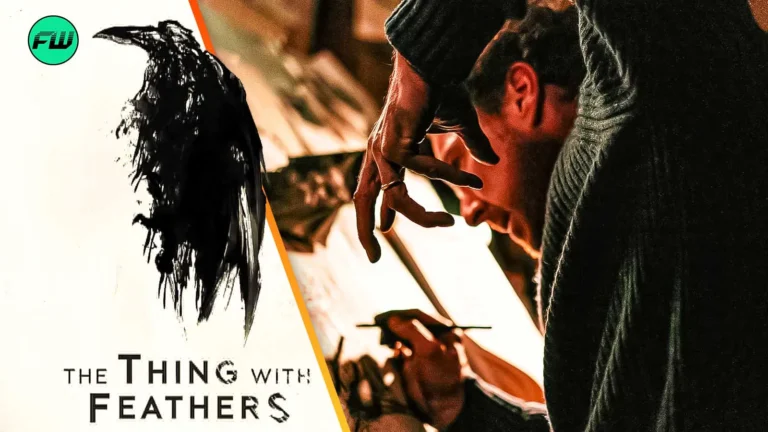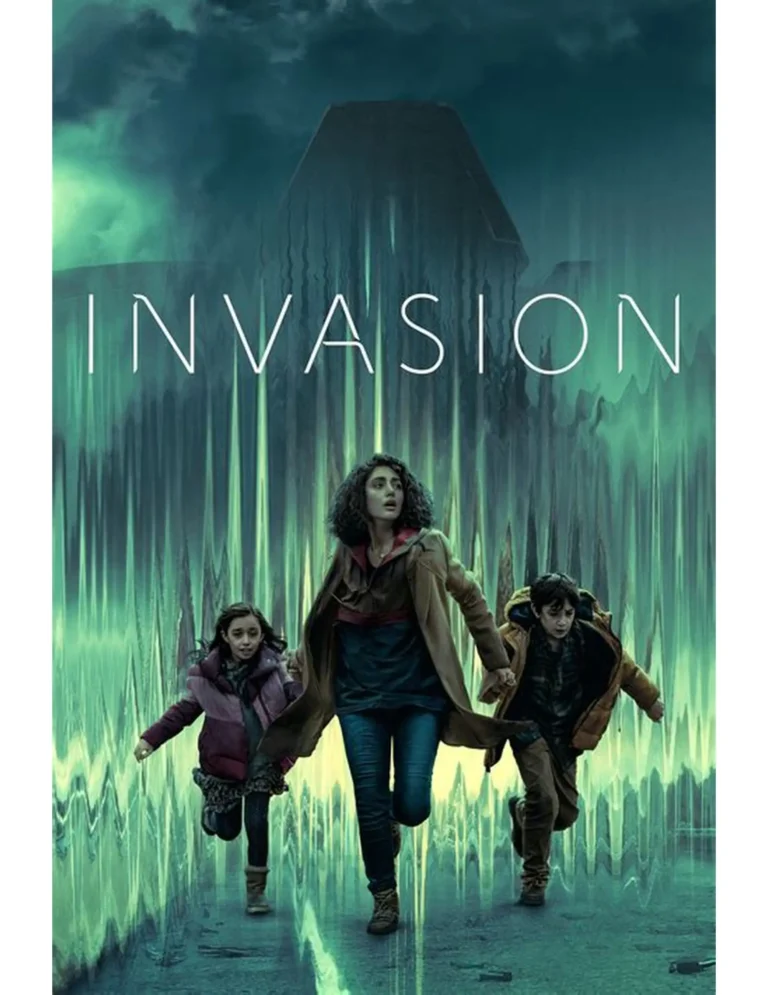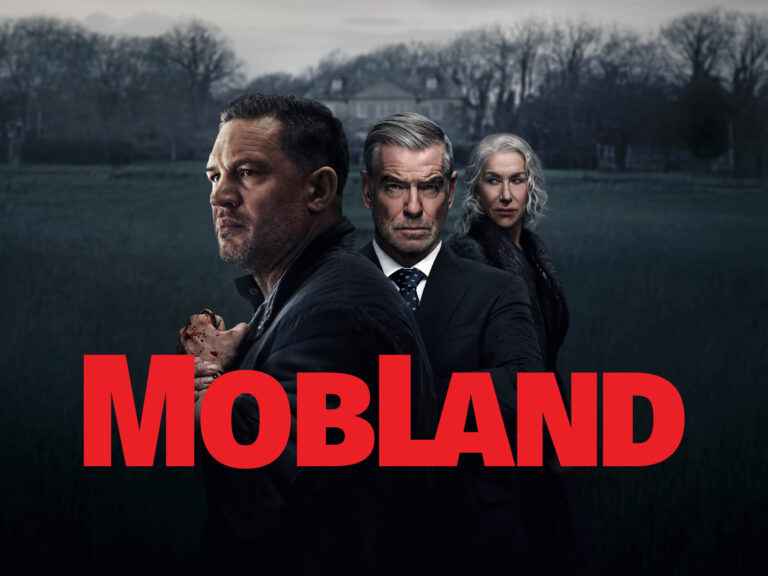Baahubali 2:The Conclusion (2017) is one of the most anticipated Indian films of the year, blending action, adventure, drama, and fantasy. Directed by S. S. Rajamouli, and starring Prabhas (in a dual role), Rana Daggubati, Anushka Shetty, Tamannaah Bhatia, Ramya Krishnan, Sathyaraj, Nassar, and Subbaraju, this Telugu‑language film was released theatrically on April 28, 2017.
Movie Overview

| Attribute | Details |
|---|---|
| Title | Baahubali 2: The Conclusion |
| Genre | Action, Adventure, Drama, Fantasy |
| Language | Telugu (also Tamil, Hindi, Malayalam dubbed) |
| Release Date | April 28, 2017 |
| Director | S. S. Rajamouli |
| Writer | Screenplay: S. S. Rajamouli; Story: V. Vijayendra Prasad |
Introduction
Baahubali 2: The Conclusion is the epic finale of the Baahubali saga—a spectacular conclusion to the much‑loved first part. Directed by the visionary S. S. Rajamouli and scripted alongside his father V. Vijayendra Prasad, the film ramps up emotional stakes, intricate family dynamics, and its signature grandeur. Produced by Arka Media Works, it became an extraordinary spectacle that defined pan‑Indian cinema. :contentReference[oaicite:0]{index=0}
Plot Summary
Picking up from the cliffhanger of *Baahubali: The Beginning*, Mahendra Baahubali (Prabhas), also known as Shivudu, discovers his royal heritage and resolves to claim his birthright from the tyrannical Bhallaladeva. Through dramatic revelations and fierce battles, the film unveils the story of Amarendra Baahubali’s rise, his relationship with Devasena, and Kattappa’s betrayal. Ultimately, Shivudu avenges his father’s death, reclaiming the throne and uniting his kingdom. :contentReference[oaicite:1]{index=1}
Cast & Crew
- Director & Screenplay: S. S. Rajamouli
- Story: V. Vijayendra Prasad
- Producers: Shobu Yarlagadda, Prasad Devineni (Arka Media Works) :contentReference[oaicite:2]{index=2}
- Starring: Prabhas (Amarendra & Mahendra Baahubali), Rana Daggubati (Bhallaladeva), Anushka Shetty (Devasena), Ramya Krishnan (Sivagami), Tamannaah Bhatia (Avanthika), Sathyaraj (Kattappa), Nassar, Subbaraju :contentReference[oaicite:3]{index=3}
- Music: M. M. Keeravani :contentReference[oaicite:4]{index=4}
- Cinematography: K. K. Senthil Kumar; Editing: Kotagiri Venkateswara Rao :contentReference[oaicite:5]{index=5}
- Visual Effects: Makuta VFX, supported by Adel Adili and Pete Draper :contentReference[oaicite:6]{index=6}
- Action Choreography & Production Design: King Solomon, Lee Whittaker, Kecha Khamphakdee; Design by Sabu Cyril :contentReference[oaicite:7]{index=7}
Production Insights
With a staggering budget of approximately ₹250 crore, *Baahubali 2* was the most expensive Indian film at the time of release :contentReference[oaicite:8]{index=8}. Principal photography began in December 2015 at Ramoji Film City, Hyderabad. The film retained the extravagant world-building, choreographed action, and visual spectacle of its predecessor while expanding its emotional and narrative dimensions. :contentReference[oaicite:9]{index=9}
Soundtrack & Technical Craft
M. M. Keeravani composed a sweeping, orchestral soundtrack and background score, with the Telugu album debuting on March 26, 2017, followed by Tamil, Hindi, and Malayalam releases. :contentReference[oaicite:10]{index=10} Cinematographer K. K. Senthil Kumar’s expansive visuals, vivid color palette, and panoramic framing amplified the mythic tone, while Kotagiri’s editing balanced impactful clarity with grandeur. :contentReference[oaicite:11]{index=11}
Release & Box Office
Released worldwide on April 28, 2017, across over 9,000 screens (including 6,500 in India), *Baahubali 2* set new benchmarks in Indian distribution. :contentReference[oaicite:12]{index=12} It premiered in 2D, IMAX, and the first-ever 4K format for a Telugu film. :contentReference[oaicite:13]{index=13}
The film became India’s highest‑grossing release ever—amassing ₹1,810 crore worldwide. It crossed ₹1,000 crore within ten days, marking the first Indian film to enter the ₹1000 Crore Club. :contentReference[oaicite:14]{index=14} It sold over 12 crore tickets, the highest since *Sholay* (1975). :contentReference[oaicite:15]{index=15}
Critical Reception & Cultural Impact
Critics praised the film’s direction, scale, emotional resonance, visuals, and performances. Filmfare rated it 4.5/5, calling it India’s greatest spectacle. :contentReference[oaicite:16]{index=16} International reviewers described it as a fusion of epic drama and cinematic ingenuity; one critic likened it to “a shotgun wedding between Ben‑Hur and Kung Fu Hustle.” :contentReference[oaicite:17]{index=17} Its visual spectacle has achieved viral status, with scenes like the epic battle of palm‑tree catapults continuing to awe global audiences. :contentReference[oaicite:18]{index=18}
Awards & Accolades
The film earned multiple national and international awards:
- Telstra People’s Choice Award at the Indian Film Festival of Melbourne :contentReference[oaicite:19]{index=19}
- 65th National Film Awards for Best Popular Film, Best Special Effects, Best Stunt Choreographer :contentReference[oaicite:20]{index=20}
- Saturn Award for Best International Film :contentReference[oaicite:21]{index=21}
- Premiered at major film festivals: British Film Institute, Moscow International Film Festival, showcased at International Film Festival of India :contentReference[oaicite:22]{index=22}
Legacy
*Baahubali 2* redefined Indian cinema—setting benchmarks for pan‑Indian filmmaking with high-budget production, epic storytelling, and global marketing. It launched the trend of multi-language theatrical releases, inspired future filmmakers like Prashant Neel (*KGF*) and Ayan Mukerji (*Brahmāstra*), and became a cultural phenomenon, dominating search trends and social conversation in 2017. :contentReference[oaicite:23]{index=23} Rajinikanth, Mahesh Bhatt, Alia Bhatt, and Shiv Rukh Khan praised its vision, while the franchise expanded into animations, graphic novels, and virtual reality experiences. :contentReference[oaicite:24]{index=24}
Conclusion
*Baahubali 2: The Conclusion (2017)* is a landmark in Indian cinema—an extraordinary blend of epic drama, mythic storytelling, and technical mastery. With S. S. Rajamouli’s grand vision, stellar performances, and innovative production, the film achieved unprecedented success both critically and commercially. Its legacy continues to shape the trajectory of large-scale storytelling in Indian cinema, inspiring a generation of filmmakers and audiences alike.
